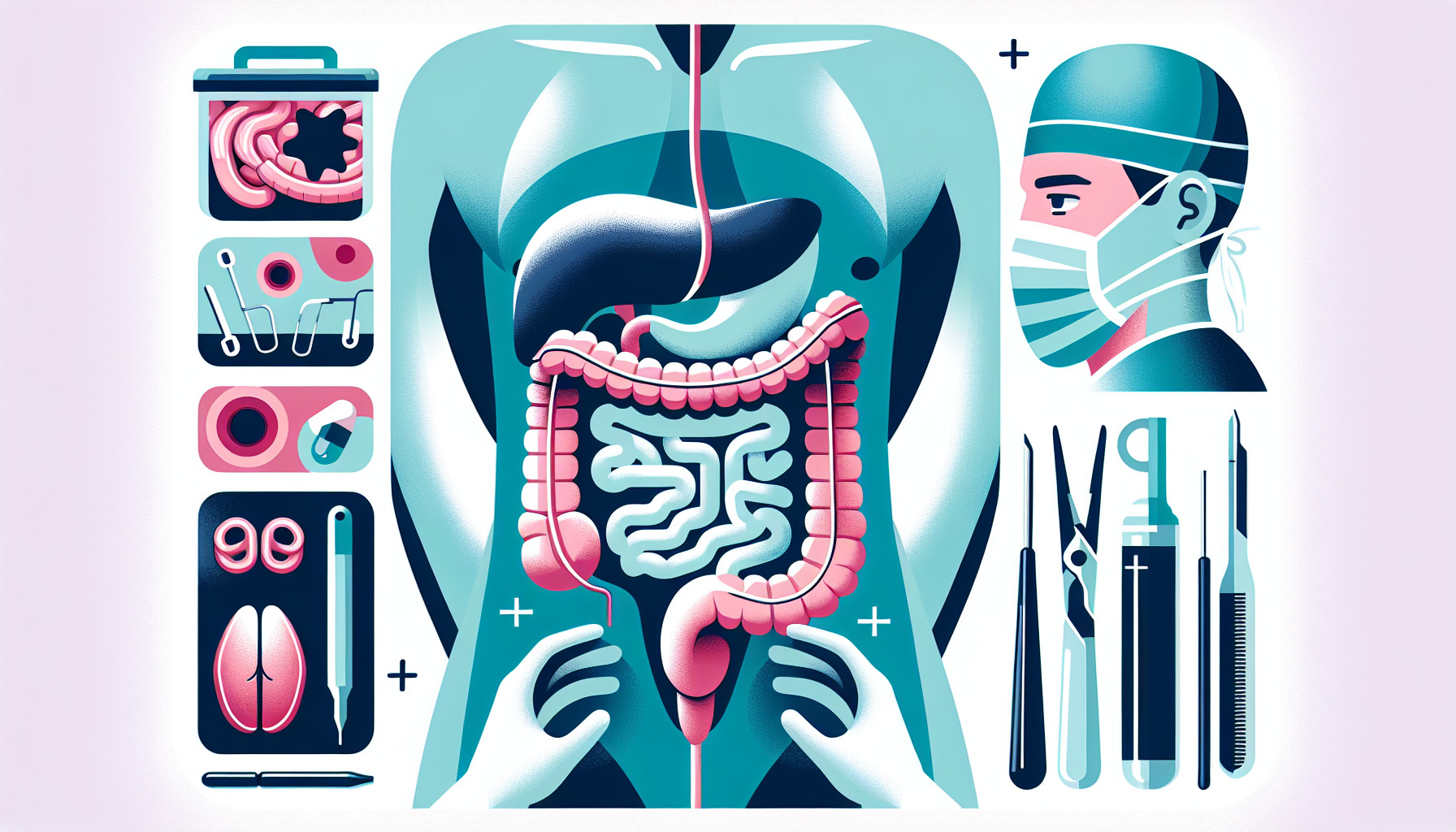Our Summary
Liver transplantation is a common treatment for people with severe liver diseases and liver cancer. Over the years, this procedure has improved a lot, leading to better survival rates. This is due to advancements in surgery techniques, better drugs to suppress the immune system and prevent it from attacking the new liver, and improved care after surgery.
However, one major issue that patients face after a liver transplant is the risk of infection, especially infections that originate from the gut, known as enterogenic infections. This article provides an overview of the infections that can occur after liver transplantation and goes into detail about enterogenic infections. It discusses how these infections happen, what factors increase the risk, what the outcomes can be, and how they can be treated.
FAQs
- What is the major complication after liver transplantation surgery?
- How has the survival rate after liver transplantation improved over the years?
- What is the focus of this article regarding infections after liver transplantation?
Doctor’s Tip
One helpful tip a doctor might tell a patient about intestinal transplant is to closely follow the prescribed medication regimen to prevent infection. Infection is a common complication after organ transplant, so it’s important to take immunosuppressive medications as directed to help prevent infections and protect the new organ. Additionally, maintaining good hygiene practices, such as washing hands regularly and avoiding contact with sick individuals, can also help reduce the risk of infection after an intestinal transplant.
Suitable For
Patients who are typically recommended for intestinal transplantation include those with irreversible intestinal failure, such as those with short bowel syndrome, chronic intestinal pseudo-obstruction, or intestinal dysmotility. These patients may not be able to absorb nutrients properly or may be at risk for life-threatening complications such as sepsis or liver failure. Intestinal transplantation may be considered when all other treatment options have been exhausted and the patient’s quality of life is significantly impacted. Additionally, patients with certain types of inflammatory bowel disease or cancer of the intestines may also be candidates for intestinal transplantation.
Timeline
- Before intestinal transplant:
- Patient is diagnosed with a severe intestinal disease or dysfunction that cannot be treated with other medical interventions.
- Patient undergoes extensive evaluations and testing to determine if they are a suitable candidate for intestinal transplant.
- Patient is placed on a waiting list for a suitable donor match.
- Patient may experience deteriorating health and complications from their intestinal disease while waiting for a transplant.
- After intestinal transplant:
- Patient undergoes surgery to receive the new intestine from a donor.
- Patient is closely monitored in the intensive care unit post-surgery for any complications or rejection of the new organ.
- Patient may experience side effects from immunosuppressive medications to prevent rejection of the new intestine.
- Patient begins a long-term follow-up care plan with regular visits to monitor the success of the transplant and manage any potential complications.
- Patient may experience improvements in their overall health and quality of life following a successful intestinal transplant.
What to Ask Your Doctor
- What are the potential risks and complications associated with an intestinal transplant?
- How successful is an intestinal transplant in treating my condition?
- What is the recovery process like after an intestinal transplant?
- How will I need to manage my medications and follow-up care after the transplant?
- What is the long-term outlook for someone who has undergone an intestinal transplant?
- How will an intestinal transplant affect my diet and nutrition?
- What are the potential side effects of the immunosuppressive medications I will need to take after the transplant?
- How will the transplant team monitor for potential complications or rejection of the transplanted intestine?
- What can I do to reduce my risk of infection after the transplant?
- Are there any alternative treatment options to consider before pursuing an intestinal transplant?
Reference
Authors: Mu J, Chen Q, Zhu L, Wu Y, Liu S, Zhao Y, Ma T. Journal: Curr Med Res Opin. 2019 Feb;35(2):241-248. doi: 10.1080/03007995.2018.1470085. Epub 2018 May 22. PMID: 29701490
